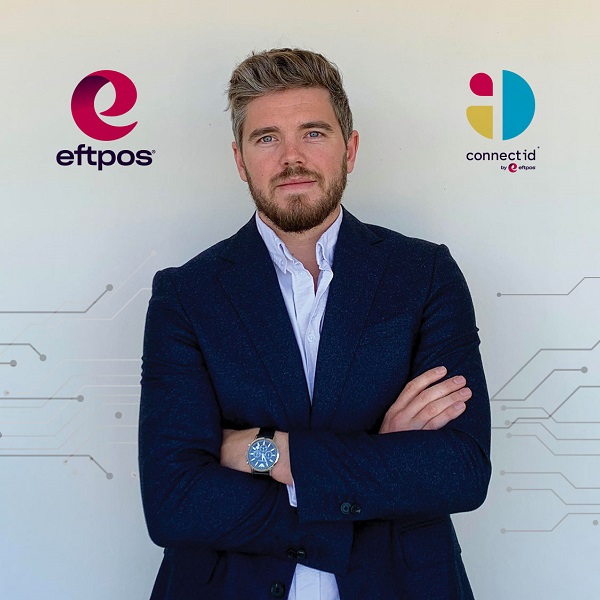
eftpos becomes first non-Gov exchange accredited under the Trusted Digital Identity Framework
eftpos has welcomed the announcement by the Minister for Employment, Workforce, Skills, Small and Family Business, the Hon Stuart Robert, that its new digital identity solution business, connectID, had become the first officially accredited non-government operator of a digital identity exchange in Australia.
eftpos CEO Stephen Benton said the accreditation under the Australian Government’s Trusted Digital Identity Framework (TDIF) marked a significant milestone for industry adoption of digital identity to drive security and productivity in the Digital Economy.
Benton said the accreditation also opened the door for eftpos to work more closely with the Australian Government’s Digital Transformation Agency (DTA). Collaboration opportunities include exploring how to make it easier for more Australians to access both private and Government services securely online.
“TDIF accreditation is a big step forward for eftpos and industry to help bring the benefits of digital identity to more sectors of the economy. It is a significant and tangible milestone in the rollout of Australia’s digital identity ecosystem and comes after months of rigorous assurance evaluations and privacy and security testing,” Benton said. “With connectID, eftpos drew on its experience operating the national eftpos network in the development of an exchange to make it easier for Australians to share, store and receive trusted personal identity information online, giving them more confidence and control.”
Managing Director of eftpos Digital Identity, Andrew Black, said connectID was already live and operating trials with identity providers such as Australia Post, Yoti and several State Governments to solve real world business issues such as age verification for online liquor sales, police checks and licence validations for heavy equipment operators on mining sites.
Black said going forward, connectID could be used to tackle any number of business issues in areas such as e-commerce onboarding, recruitment, responsible gaming, anti-money laundering and identity verification.
“The creation of an Australian digital identity ecosystem that provides utility to both the public and private sectors is a foundation stone in a modern digital economy because it reduces friction, delays and cost while automating and boosting safety and compliance for individuals, businesses and government services,” Black said.
Black said eftpos began development of connectID mid last year and aimed to create ‘digital trust’ between customers and business and seamlessly combine identity with payments transactions.
eftpos’ connectID is a ‘broker’ between identity providers – organisations that securely hold identity data on behalf of their customers – and merchants or government departments and other relying parties that need to verify who they are dealing with or receive identity information that they can trust. eftpos is uniquely placed to offer this service, particularly for interactions requiring a payment.
While connectID securely facilitates the identity verification or data exchange, it does not store the identity data. Identity providers store consumer identities and take responsibility for providing this secure information only under the consent of the identity owner. In this way, the identity owner – the consumer – controls who receives and uses their identity data.
The TDIF sets standards, rules and guidelines for digital identity providers and is based on international best practice and industry standards. Organisations, government agencies and private-sector businesses like eftpos can apply for TDIF accreditation and undergo a series of strict assurance evaluations. As it expands, it will allow government-issued credentials to seamlessly interoperate with regulated businesses and authorised private sector organisations that need to verify identity to reduce fraud, identity theft and meet ‘know your customer’ requirements. These are vital for ensuring adherence to rules against money laundering and terrorism financing.


